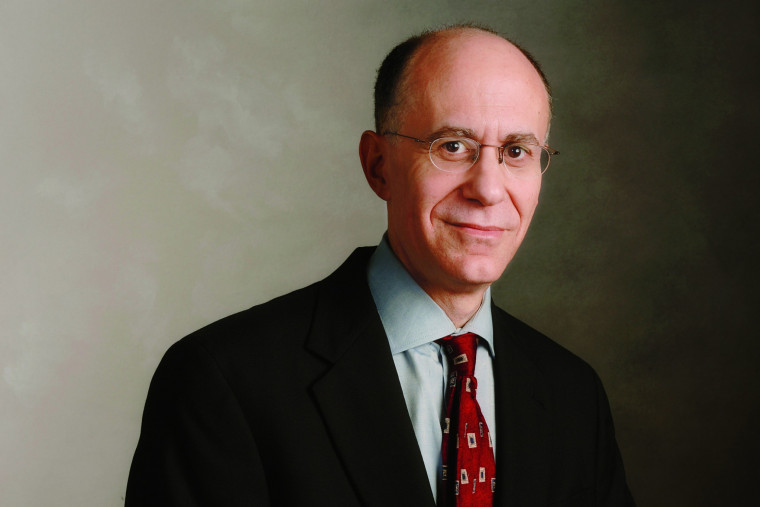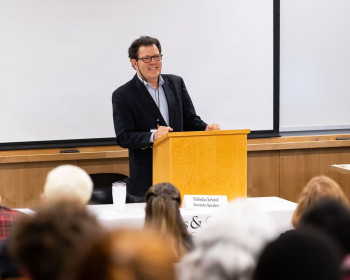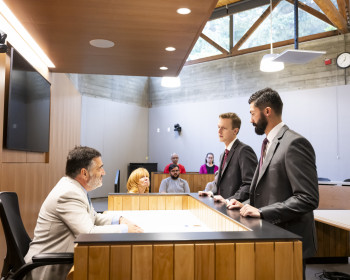Changes in Class Action Settlements Adopted by Supreme Court
Open gallery

Lewis & Clark Law professor Bob Klonoff played a major role on recent changes to the Federal Rules of Procedure relating to class actions. He served as a member of the Federal Civil Rules Advisory Committee, responsible for drafting amendments to the Federal Rules of Civil Procedure which are ultimately sent to the Supreme Court for review and approval.
A main focus of Klonoff’s work on the Committee was class action Rule 23. (See related content). He and the Subcommittee traveled the country hearing from judges, lawyers, and scholars about areas for reform. The Subcommittee (and ultimately the full Committee) proposed extensive changes to Rule 23 (particularly 23(c), (e), and (f)). Those rule changes were promulgated by the United States Supreme Court December 1, 2018.
The most significant changes involve issues regarding the settlement of class actions. Most notably, the amendments address serial objectors – those who seek payoffs from class counsel in return for not pursuing appellate challenges to class settlements. The objections are in many instances frivolous, but a serial objector can hold up the completion of a settlement for years while the case goes up on appeal.
In addition to his work on the Committee, Professor Klonoff frequently testifies as an expert witness (both orally and in writing) in major complex litigation cases. Numerous judges have cited and relied on his opinions, including judges in the BP Deepwater Horizon case, the Volkswagen Clean Diesel case, and the Wells Fargo Unauthorized Account case. On December 7, 2018, a federal judge in Kansas relied on Professor Klonoff’s testimony in awarding attorneys’ fees to counsel for farmers in a major $1.5 billion lawsuit involving genetically modified corn. (see related content for the PDF of the settlement).
Most recently, Klonoff has been recognized for his views on whether judges overseeing multidistrict litigation have the power to cap fees for lawyers who signed individual contingency fee contracts with their clients. Klonoff contends that judges do hold the authority, and was cited in an opinion by Judge Lungstrum, who urged that it is the court’s “inherent authority to supervise attorneys appearing before it, to act as a fiduciary for and protect the interests of the settlement class members and to ensure that the integrity of the judicial process is not undermined by the recovery of unreasonable attorney fees.”
Law Communications is located in room 304 of Legal Research Center (LRC) on the law Campus.
MSC: 51
email jasbury@lclark.edu
voice 503-768-6605
Cell: 626-676-7923
Assistant Dean,
Communications and External Relations, Law School
Judy Asbury
Law Communications
Lewis & Clark Law School
10101 S. Terwilliger Boulevard MSC 51
Portland OR 97219

